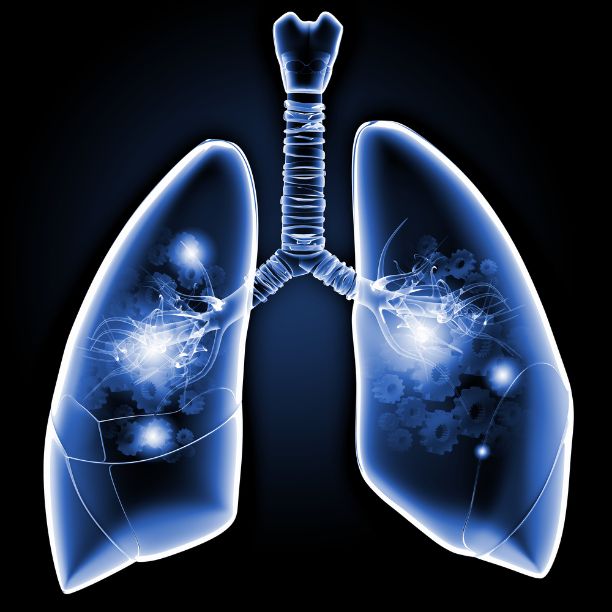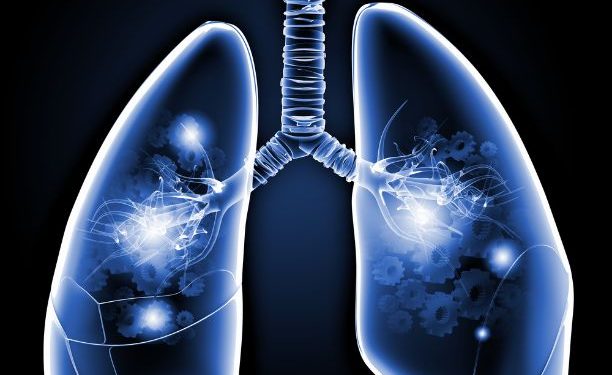Blood clots probably aren’t at the front of your mind when you have cancer, especially lung cancer. Your focus is on treatment, wiping out the cancer as much as you can, and recovering from surgery. But you need to know that having a blood clot increases your risk for a serious health problem, such as pulmonary embolism (PE).
A PE happens when part of a clot in your leg, pelvis or arm breaks off and travels through the bloodstream to the lungs, where it blocks a blood supply to the lungs (embolic). It can be life-threatening because if the clot is too big, it can cause a heart attack. It is common in hospitalized cancer patients, and it is a leading cause of death in these patients.
You are at higher risk for PE if you have certain types of cancer, or if your treatment makes it more likely to have blood clots. Some cancer treatments, such as cisplatin or bevacizumab (Avastin), affect your blood vessels and may increase your chance of clots. Also, being very overweight or smoking can increase your risk of blood clots.

When you have surgery, the risk of a blood clot is high because you are off your feet, and it is hard for your body to get the blood moving that it needs. The hospital where you have your surgery should take special precautions to prevent clots from forming while you are in the hospital. It may give you medication before, during and for some days after your surgery to reduce the chance of a clot. It might also use a special hose or garment to compress your legs or other areas of the body to help with circulation.
Some people have a genetic tendency to develop blood clots, and this is also true in some cases of cancer. People who have a family history of venous thrombosis or pulmonary embolism are at higher risk for developing them. Also, having a previous DVT or PE raises the chance of getting another one.
Doctors can treat most blood clots by giving you drugs that thin your blood. These are called anticoagulants. You might need to take them for weeks or months after you have a clot. They can be injected under the skin or taken as tablets. Your doctor will weigh the risk of bleeding episodes from the medications against the risk of having a blood clot. If you are at higher risk for a blood clot, your doctor might decide to give you medications even before you have surgery. This can help prevent a DVT, or a PE, in the future. These are often given to you in the hospital. They might be heparin or warfarin.









